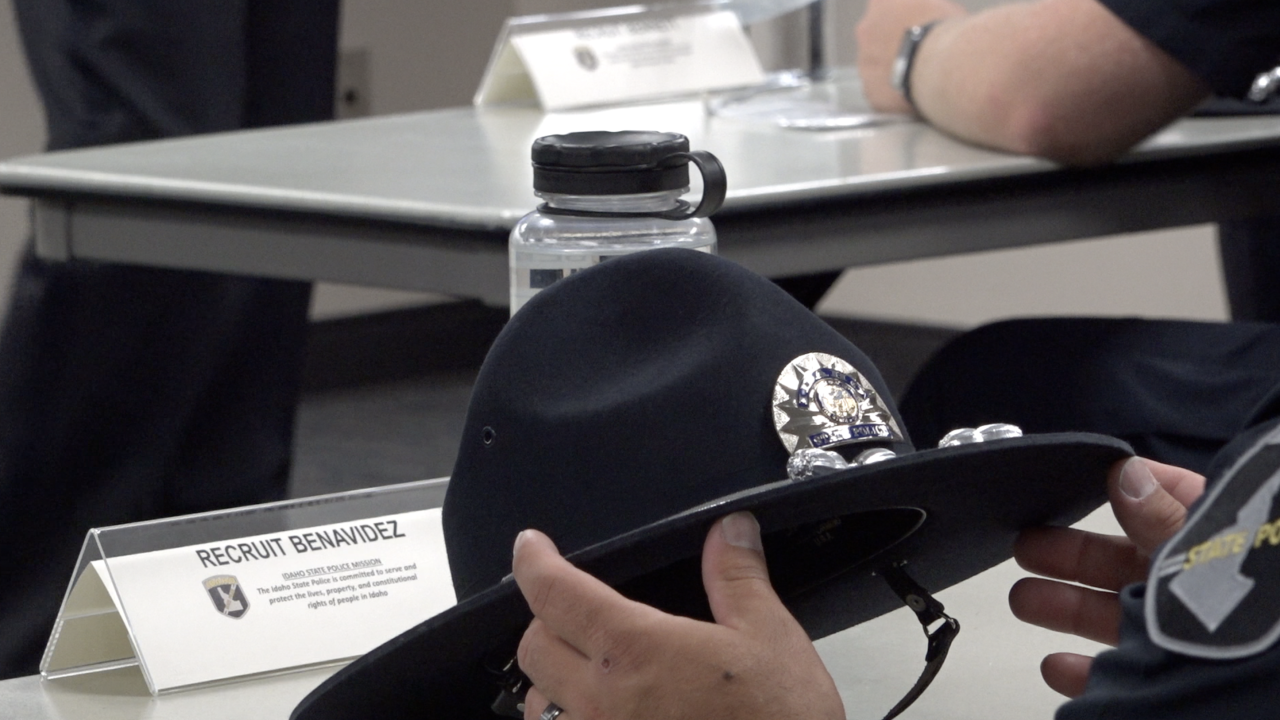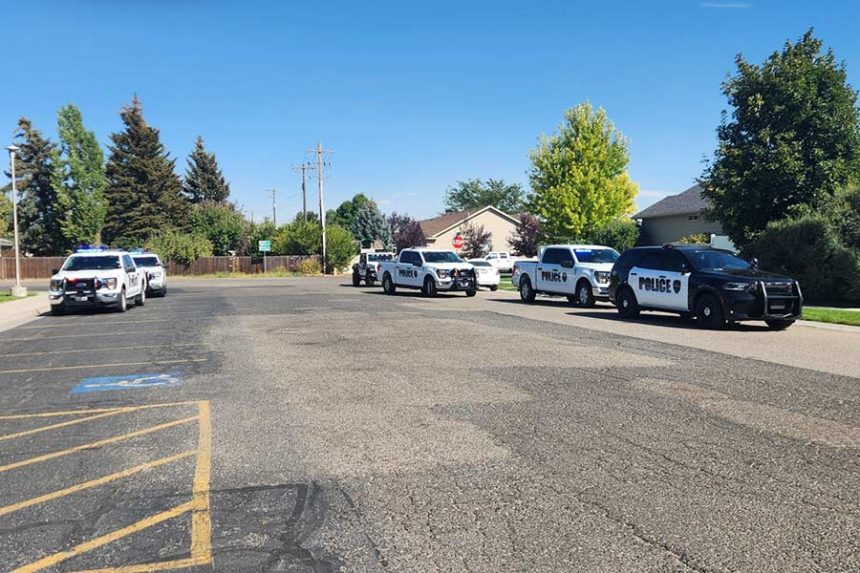American reportedly convicted of triple murder returned to US in prisoner swap

After it was disclosed that one of the prisoners returned to the United States had allegedly been found guilty of the murders of three people, a recent prisoner exchange between the United States and Venezuela is causing controversy.
The New York Times reports that Dahud Hanid Ortiz, a dual citizen of the United States and Venezuela, was found guilty in Venezuela of killing three people in Spain in 2016.
According to the investigation, the victims were murdered in a burning office building. Ortiz allegedly escaped to Venezuela following the attack, where he was apprehended. Although Venezuela forbids the extradition of its own nationals, Spain reportedly asked for his extradition.
Ortiz was found guilty and given a 30-year prison term.
Ortiz was not identified as a hostage or as having been illegally detained in a list of Americans returned in the swap that Scripps News was able to get. He was merely identified as a prisoner in Venezuela.
Those in charge of deciding whether Ortiz satisfied the requirements for wrongful detention found his status unclear, according to a source acquainted with the events leading up to his incarceration who spoke to Scripps News.
Osman Khan, another American who was unfairly imprisoned in the same Venezuelan jail, was also interviewed by Scripps News.
Khan stated he did not think Ortiz was a murderer in a phone conversation with Liz Landers, national security correspondent for Scripps News. He went on to say that during their time in prison together, Ortiz kept him safe. For this piece, Ortiz chose not to comment.
A State Department spokesman defended the transfer, which Secretary of State Marco Rubio approved, in a statement to Scripps News.
“All Americans held in Venezuela, many of whom reported being tortured and subjected to other harsh conditions, had the chance to be released by the United States,” the spokeswoman stated. “For privacy reasons, I won t get into the details of any specific case.”











